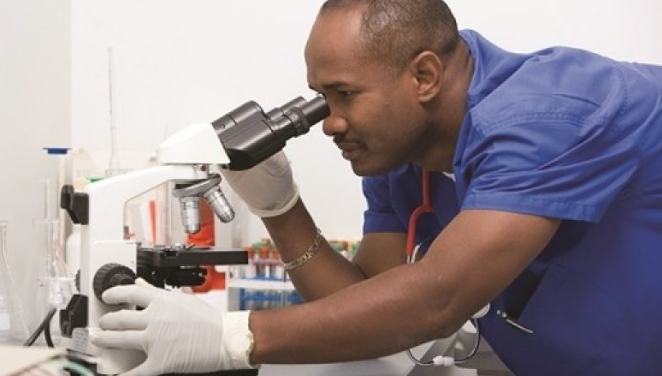Clinical laboratories stand as pivotal contributors, revolutionizing medical diagnoses and treatments. These laboratories are not just facilities for testing; they are the epicentres where science meets patient care, turning biological samples into life-saving data. Central to this transformative process is the provision of top-tier laboratory equipment and reagents.
The Vital Role of Clinical Laboratories
Clinical laboratories are integral components of the healthcare system, serving as the backbone for accurate diagnoses and effective treatment plans. They analyze a variety of samples—blood, urine, tissues—providing essential information that shapes patient care. The evolution of these laboratories over time, underscored by technological advancements, has ushered in an era of rapid and more accurate diagnoses, directly influencing treatment efficacy.
Technological Advances in Diagnostics
A significant transformation in clinical laboratories is the advancement in diagnostic technologies. These modern laboratories are equipped with sophisticated tools capable of detailed analyses, from identifying various biomarkers to detecting various pathogens. Such advancements have been crucial in the early detection of diseases like cancer and diabetes, and pivotal in charting effective treatment courses.
At this juncture, the role of Procure-Net.com becomes crucial. As a supplier of cutting-edge diagnostic equipment, they empower laboratories with tools that enhance the accuracy and efficiency of their testing capabilities. Their portfolio includes everything from high-precision analysers to advanced molecular diagnostic instruments, essential for modern laboratory operations.
Impact on Patient Care
The influence of advanced clinical laboratory services on patient care is profound. Accurate and timely laboratory results lead to better-informed medical decisions, which can have life-altering implications for patients. Early detection of diseases through precise laboratory tests can lead to early intervention, significantly improving treatment outcomes.
Personalized Medicine and Laboratory Services
Clinical laboratories have also been instrumental in the advancement of personalized medicine. By analyzing patients’ genetic profiles, these labs help in predicting responses to specific treatments. This approach enhances treatment effectiveness and minimizes potential adverse reactions, marking a new era in patient-specific healthcare.
Quality and Compliance in Laboratory Practices
The reliability of laboratory results hinges on stringent quality control and compliance with regulatory standards. Laboratories need to use equipment and reagents that meet these high standards, ensuring the accuracy and dependability of their diagnostic results.
The Future of Clinical Laboratories
Looking ahead, the role of clinical laboratories in healthcare is set to expand further. With the integration of technologies like artificial intelligence and machine learning, the future promises even more rapid and precise diagnostic capabilities, enhancing patient care in unprecedented ways.
Conclusion
Clinical laboratories are fundamental to the healthcare ecosystem, providing critical insights that guide medical diagnoses and treatments. The role of suppliers in equipping these laboratories with the necessary tools is indispensable in ensuring that healthcare providers can offer the best possible care. As these laboratories continue to evolve, they remain at the forefront of medical innovation, shaping the future of healthcare with every test they conduct.
